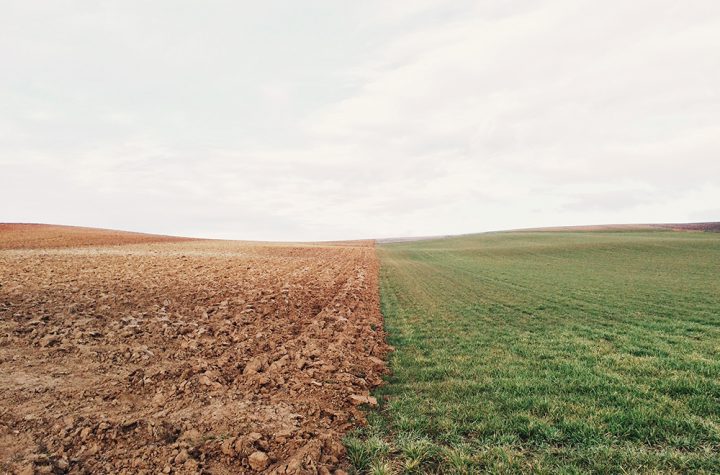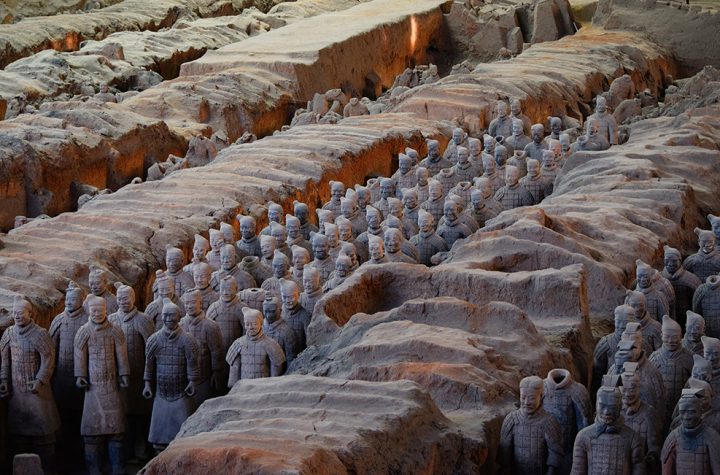
Out of the Trans Mountain frying pan and into the Teck Frontier fire. That pretty much sums up where Justin Trudeau’s government is at on a week it should otherwise have spent quietly celebrating the light at the end of the controversial pipeline’s legal tunnel.
On Tuesday, the Federal Court of Appeal removed one of the last hurdles to the completion of Trans Mountain expansion by unanimously rejecting the claim by four Indigenous plaintiffs that the federal government had again fallen short of its duty to consult their communities.
The pieces of the Trans Mountain puzzle may finally be falling into place, but the politics of the larger environment/energy picture are not.
Trudeau’s bid to align Canada’s energy ambitions with a credible federal climate change policy was always going to be a political brain teaser. As he enters his second term in office, it has become a Rubik’s cube.
It is a fact of political life that many of the big decisions a government is called upon to make boil down to a choice between two relatively unpalatable options.
But rarely has the label “lose-lose” been more appropriate than as it pertains to Trudeau’s looming decision on whether to give the Teck Frontier oilsands mine the go-ahead.
In principle, the federal cabinet has until the end of February to confirm or reject the conclusion of a joint Ottawa-Alberta panel which found that, notwithstanding its negative impact on the environment, the project was in the public interest.
Upon completion, the $20-billion mine would produce 260,000 barrels of oil a day, with equally massive benefits in the shape of royalties, taxes and jobs to Alberta.
YOU MIGHT BE INTERESTED IN…
The issue divides Trudeau’s cabinet, and ministers on both sides of the argument have skin in the game.
If the government rejects the project, Deputy Prime Minister Chrystia Freeland’s bridge-building mission will be, if not sabotaged, at least greatly compromised. Alberta Premier Jason Kenney has made it clear he would treat a federal refusal as a declaration of war on his province’s economy.
But if the cabinet green-lights the mine, the credibility of the government on climate change stands to be damaged beyond repair. Going forward, it would be hard for the likes of Environment Minister Jonathan Wilkinson, his predecessor Catherine McKenna or Quebec environmentalist Steven Guilbeault to maintain with a straight face that their government is serious about reaching its emission targets
Since the House reopened, Wilkinson has hinted at a quid pro quo that would see the Alberta government raise its climate change game to meet the 2050 zero emission target set by the Liberals in exchange for the mine’s approval.
Whether a tradeoff along those lines would impress critics of the project is far from certain.
YOU MIGHT BE INTERESTED IN…
The experience with Alberta’s buy-in and subsequent withdrawal from the federal climate change framework under its previous NDP government has demonstrated that such commitments are anything but binding.
Trudeau’s caucus is also pushing back against Teck Frontier. The many Liberal MPs who spent the last campaign scrambling to defend their government’s purchase of the Trans Mountain pipeline have no appetite for going back on the hustings as champions of a major new oilsands development.
If Teck Frontier fits in Canada’s current climate change strategy, many are bound to wonder what fossil fuel development would not. But if the cabinet refuses to approve the mine, it may be hard-pressed going forward to say yes to other major projects currently in the political pipeline.
As it happens, one of those is a liquified natural gas pipeline, between Alberta and Quebec’s Saguenay region, that is close to the heart of Premier François Legault.
Get more politics in your inbox
Make sense of what’s happening across the country and around the world with the Star’s This Week in Politics email newsletter.
Sign Up Now
In the current climate, what would the optics be like for Trudeau to say no to Alberta on Teck Frontier, then say yes to the only pipeline project Quebec happens to like?
The Teck Frontier recommendation has been in the government’s in-tray since the end of the summer. Had the cabinet dealt with it at the first post-election opportunity last fall, it might have avoided having its decision set the stage for a polarizing political drama.
But with every passing day, more elements of a perfect storm are being reunited. The time to convince voters that this is not one of the defining decisions of Trudeau’s tenure is well behind the Liberal government.





More Stories
Justice Rajiv Shakdher also asked the media houses AGR Outlier Media Pvt Ltd. and Bennett Coleman and Company Ltd. to ensure that no defamatory content is uploaded on social media platforms or displayed on their channels.
Two people have become the first passengers on a Hyperloop, a technology considered to be the future of high-speed ground transport.